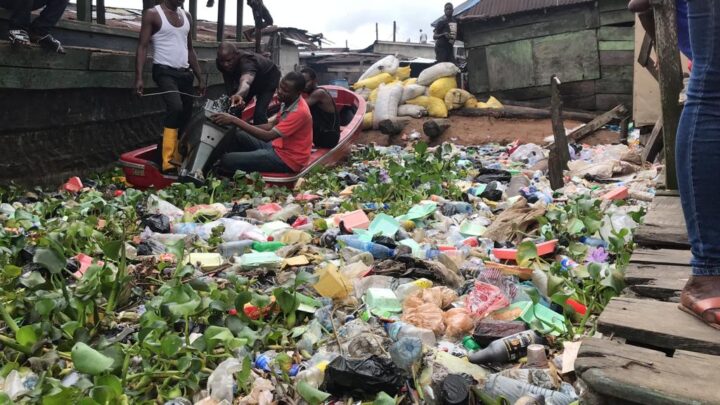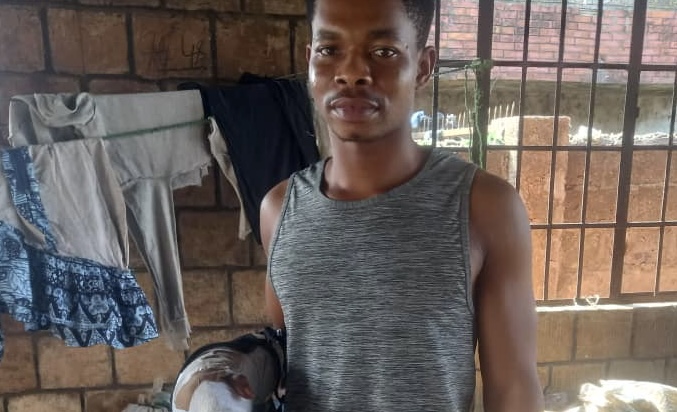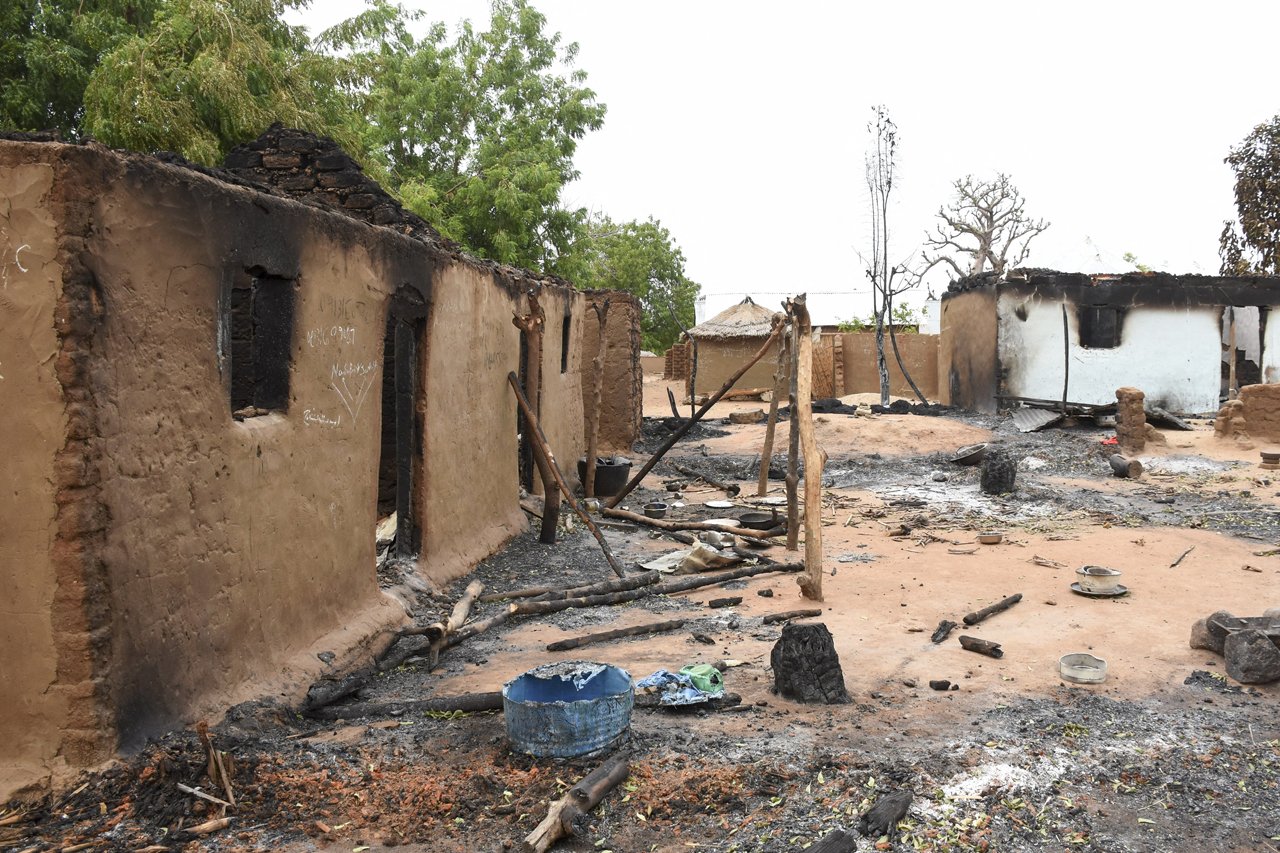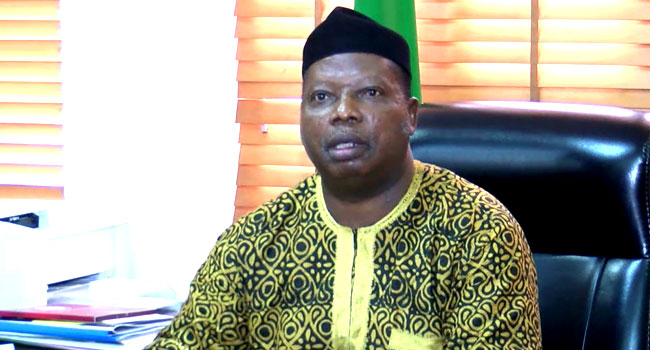On Sunday, Tokunbo Wahab, Lagos commissioner for environment and water resources, announced a ban on the usage and distribution of Styrofoam and other single-use plastics across the state.
In a post on X, the commissioner said this was necessitated by “the menace which single-use plastics, especially non-biodegradable Styrofoam, are causing on the environment”.
The ban, which comes with immediate effect, has left many questions in the minds of the over 15 million people living in Lagos and businesses operating in the state. How will this be implemented? What alternatives are available? What exactly has been banned?
In this article, TheCable attempts to answer these questions.
Advertisement
WHAT ARE SINGLE-USE PLASTICS?
Single-use plastics (SUPs) are mostly used once or for a short period before being disposed of. They are made primarily from fossil fuel-based chemicals (petrochemicals) and are meant to be thrown away immediately after use.
Disposable items — commonly used for packaging – such as plates, cups, cutlery, plastic bottles, nylon bags, straws, and sachet water, all fall under the SUPs category.
Advertisement
These products would usually end up in water bodies, drainages, and dump sites, and according to the United Nations, they “can take anywhere from 20 to 500 years to decompose, and even then, it never fully disappears”.
Since only about 9 percent of plastics get recycled globally, these SUPs end up in drainages, blocking waterways and leading to flooding in cities across the world.
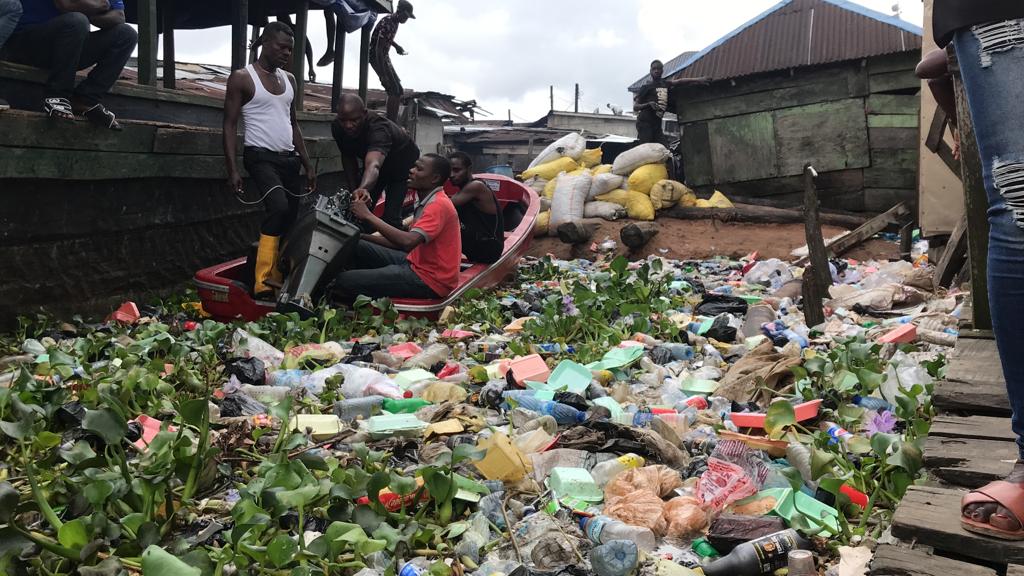
WHAT HARM DO PLASTICS CAUSE?
Plastics have harmful impacts on human health and the environment. The ease of throwing SUPs away further causes extensive pollution that is detrimental to life on earth.
Advertisement
Here are some to remember:
- Pollution of aquatic ecosystems: Annually, the world produces about 400 million tonnes of plastics and about 14 million tonnes of these end up in aquatic ecosystems like lakes, rivers, and seas. This not only affects the quality of the water but also gets ingested by marine species and could either lead to their death or end up in our food.
- Pollution of land and soil: Plastic waste impacts roads, landscapes, and public areas, causing great litter in the environment. Also, it can affect agriculture by releasing toxic chemicals that damage soil and poison groundwater.
- Exacerbates climate change: Disposing of plastic waste by burning or dumping it in landfills leads to the release of additional greenhouse gases into the atmosphere, thus contributing to climate change. Also, the production of plastics from chemicals sourced from fossil fuels has a direct impact on global carbon emissions. Additionally, climate change impacts like flooding are made worse by drainages clogged with plastic waste and preventing the free flow of water.
- Toxic chemicals in human bodies: The use of plastics for food and drinks taken by human beings causes the leaching of harmful chemicals into these edibles and down into the human body. This has been somewhat linked to certain illnesses including infertility and cancer risks.
WILL THE BAN ON SUPs TACKLE THE MENACE?
This move by the Lagos state government is not the first. Some countries in Africa have, in the past, taken the bold step to ban single-use plastics.
Rwanda became one of the first countries in the world to ban single-use plastic bags in 2008. Likewise, in 2016, Morocco banned single-use bags owing to their menace to the environment. Also, in 2017, Kenya banned single-use plastic bags with a fine or jail term as penalties for defaulters.
Advertisement
Oluwaseyi Moejoh, an environmentalist, said SUPs ban in Lagos will “help move the needle faster towards tackling the plastic pollution crisis in Lagos”.
Applauding the immediacy of the ban, Moejoh said the urgency of the plastic pollution crisis demands an urgent solution.
Advertisement
She suggested that the government should find ways to partner with countries like Rwanda that have successfully phased out SUPs to build expertise and scale the ban to other parts of the country.
She said that this way, companies will be well equipped with “practical successful models and methodologies to implement sustainable alternatives or adopt reuse models within their business structures”.
Advertisement
WHAT ENFORCEMENT PROCEDURES WILL BE DEPLOYED?

In an interview with TheCable, Wahab said the Lagos State Waste Management Authority (LAWMA) and the Kick Against Indiscipline (KAI) will begin to conduct joint inspections and raids on production, distribution, and usage sites of banned SUPs.
Advertisement
“A dedicated task force comprising LAWMA and KAI officials will patrol markets, streets, and other key areas to identify and apprehend violators,” Wahab said.
“Initial warnings will be issued, followed by fines, then seizure of products and potential business license suspension for repeat offenders.”
He added that the government will also move to confiscate SUPs at source, including production, distribution, and usage sites.
WHICH SUPS WERE BANNED?
Wahab, however, made it clear that not all SUPs have been banned. He said the state will encourage recycling to cater to recyclable and reusable plastics, such as water bottles.
Explaining the scope of the ban, he said, “Styrofoams are completely banned due to their non-biodegradable nature.”
“Disposable plastic cutlery and plates are also banned. Biodegradable alternatives will be encouraged, while single-use options will be banned.”
“Plastic bottles are not banned,” Wahab noted. “Encouragement will shift towards refill and deposit-refund systems, not outright bans.”
Also, durable plastic packaging and reusable plastic containers for food and other items will remain in use.
HOW WILL THIS AFFECT INDIVIDUALS AND BUSINESSES?
In response to the ban, business owners such as Chicken Republic have asked their customers to “bring their food containers” to buy food from their Lagos outlets.
Wahab said he understands the impact this ban will have on businesses, but the government is willing to support businesses in adapting by “providing financial assistance and tax breaks to businesses transitioning to sustainable production”.
He also said the government will provide “technical assistance by sharing expertise and best practices for adopting sustainable alternatives”.
For businesses already into the production of sustainable products, Wahab said the government will support their branding and marketing as well as “collaborate with them to promote their sustainable products and raise public awareness”.
He said the state will also partner with NGOs and community leaders to embark on outreach to educate rural communities about the ban and provide access to sustainable alternatives.
Moejoh is of the view that “the necessity of the crisis elicits this brash change”, adding that if companies are open to quick learning, upskilling their staff, and partnering with existing innovation, it could lead to the creation of green jobs.
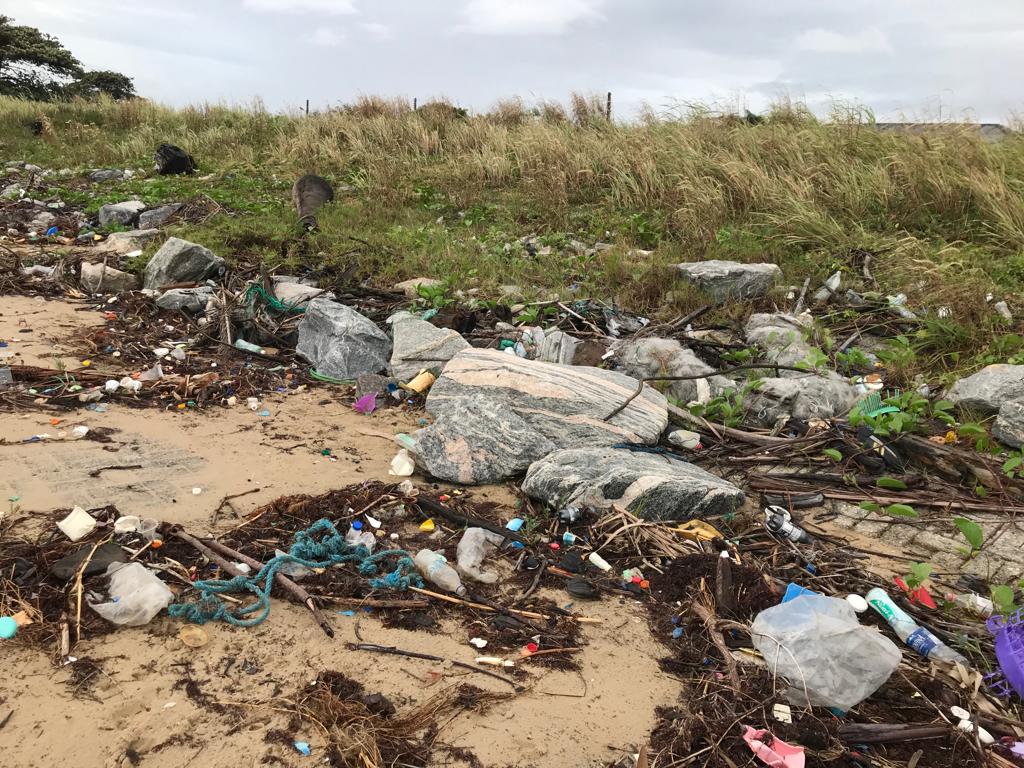
WHAT ARE THE SUSTAINABLE ALTERNATIVES AVAILABLE?
To promote sustainable alternatives, Wahab said LAWMA will work with manufacturers to promote and subsidise the production of biodegradable alternatives.
Also, he said reusable options such as cloth bags, metal straws, reusable cutlery, and refillable water bottles will be promoted through awareness campaigns and partnerships with retailers.
The commissioner said the state will also encourage “public and private spaces to install water dispensers to reduce dependence on bottled water”.
Moejoh also recommends that businesses explore the widespread use of aluminium foil packs and biodegradable food packs made from plant-based materials like bamboo, sugar cane, and wood.
She said these options offer eco-friendly alternatives to traditional single-use materials and would be instrumental in minimizing overall waste and encouraging a reuse culture.
Add a comment
